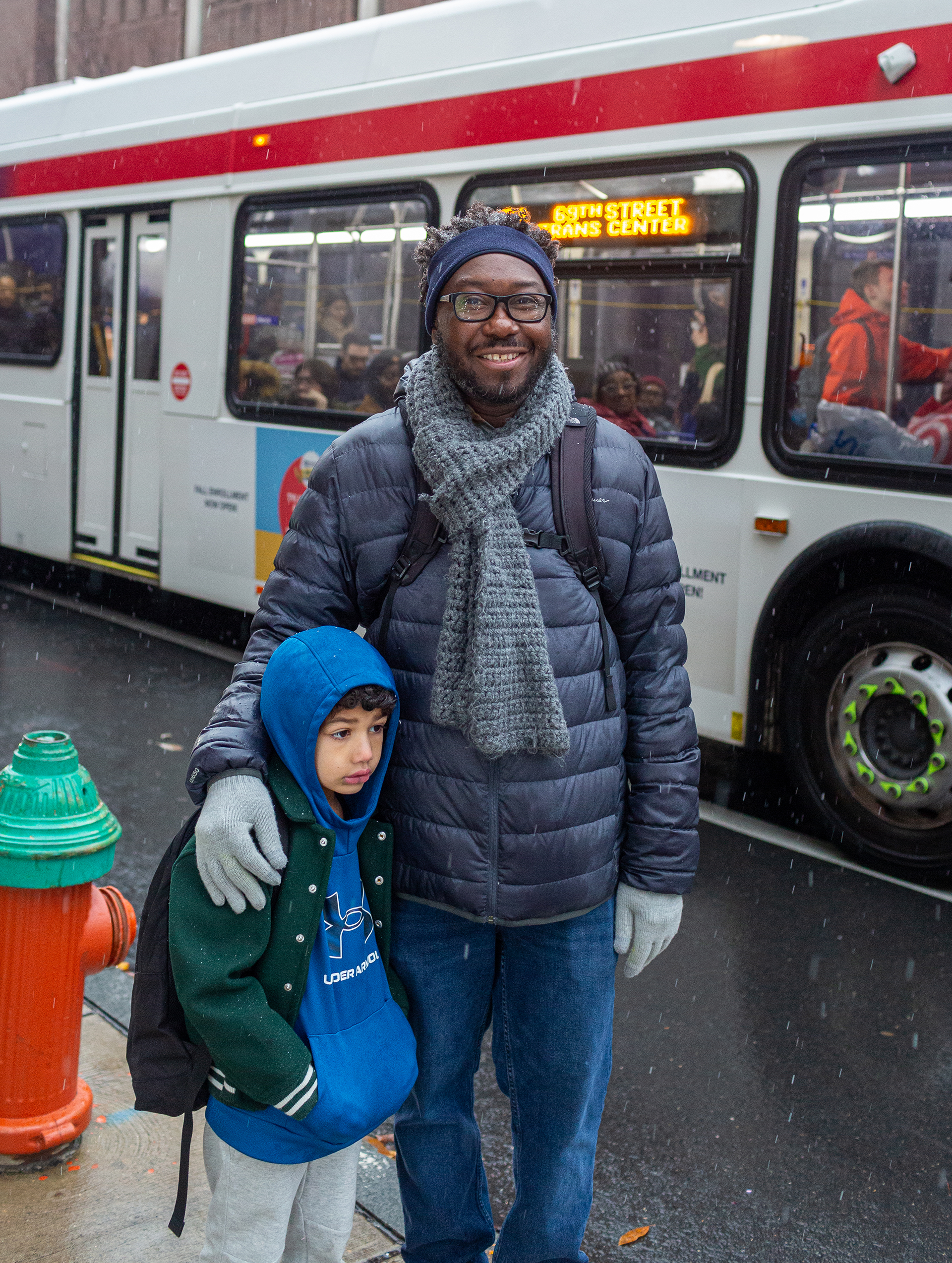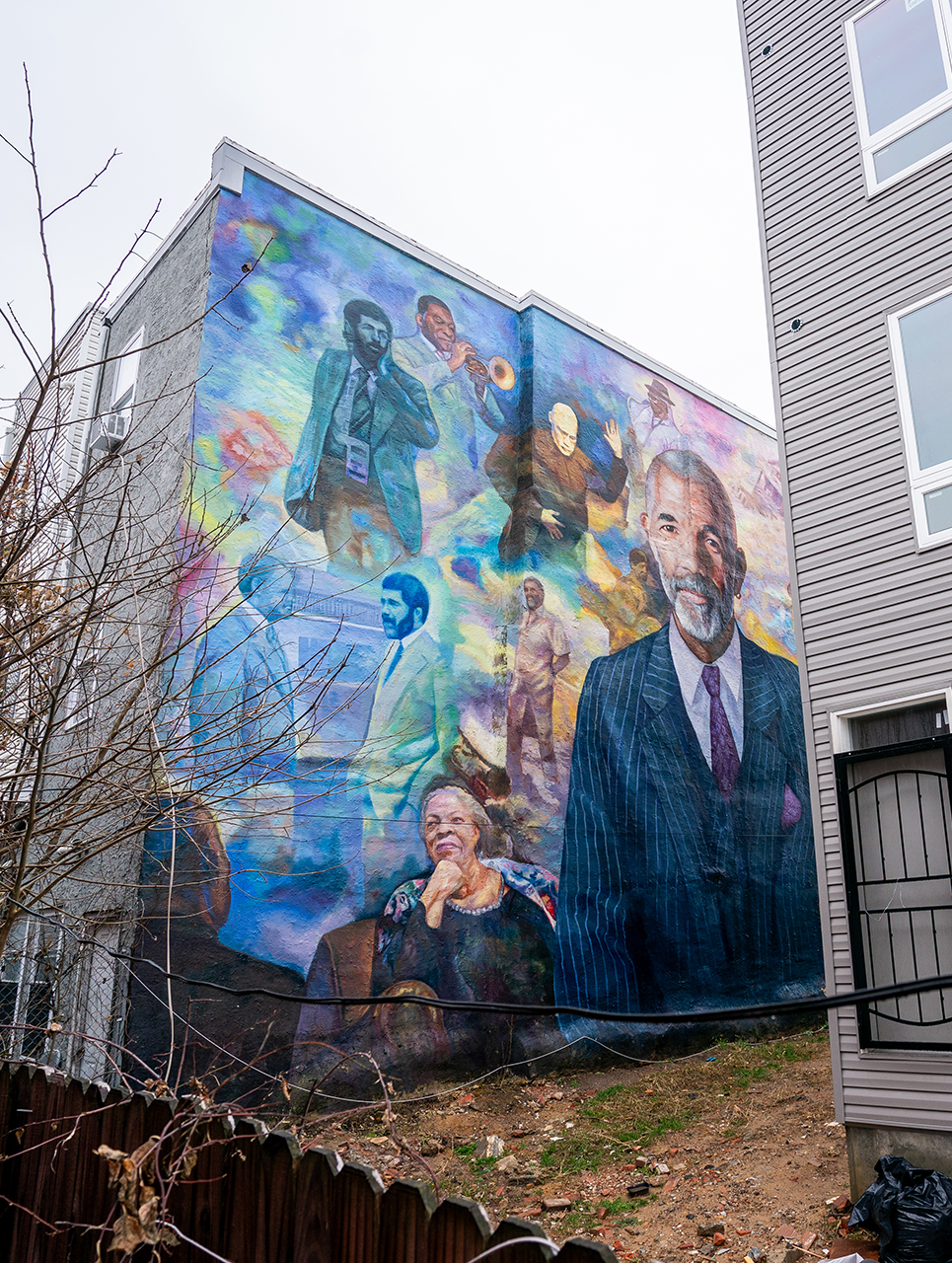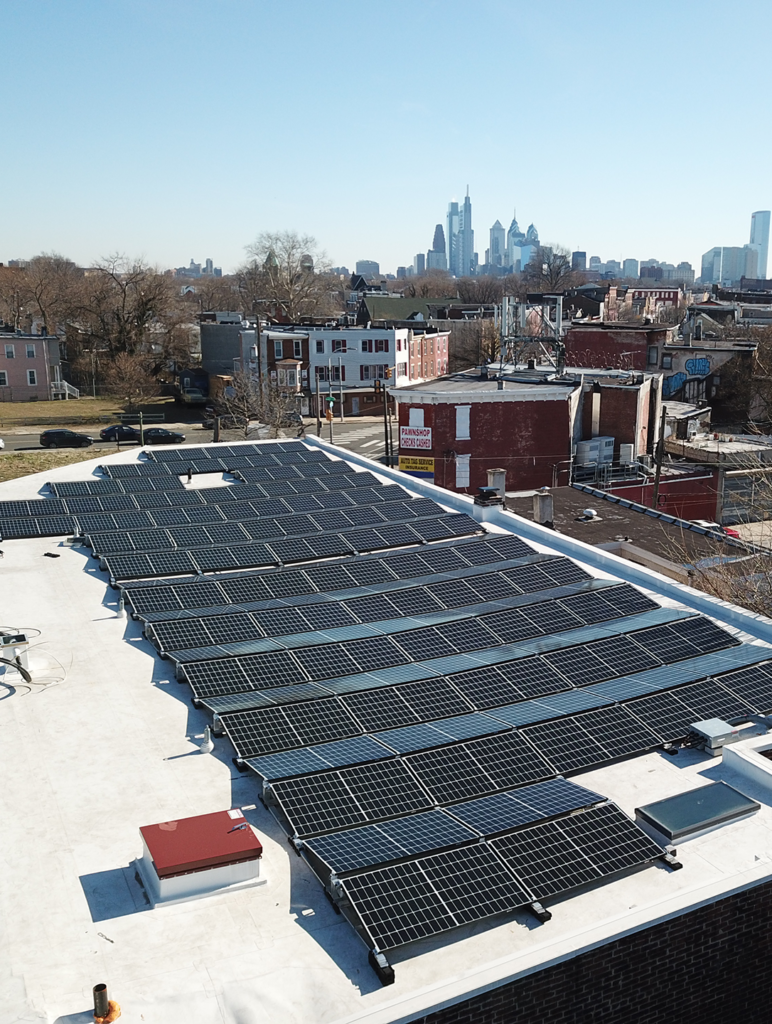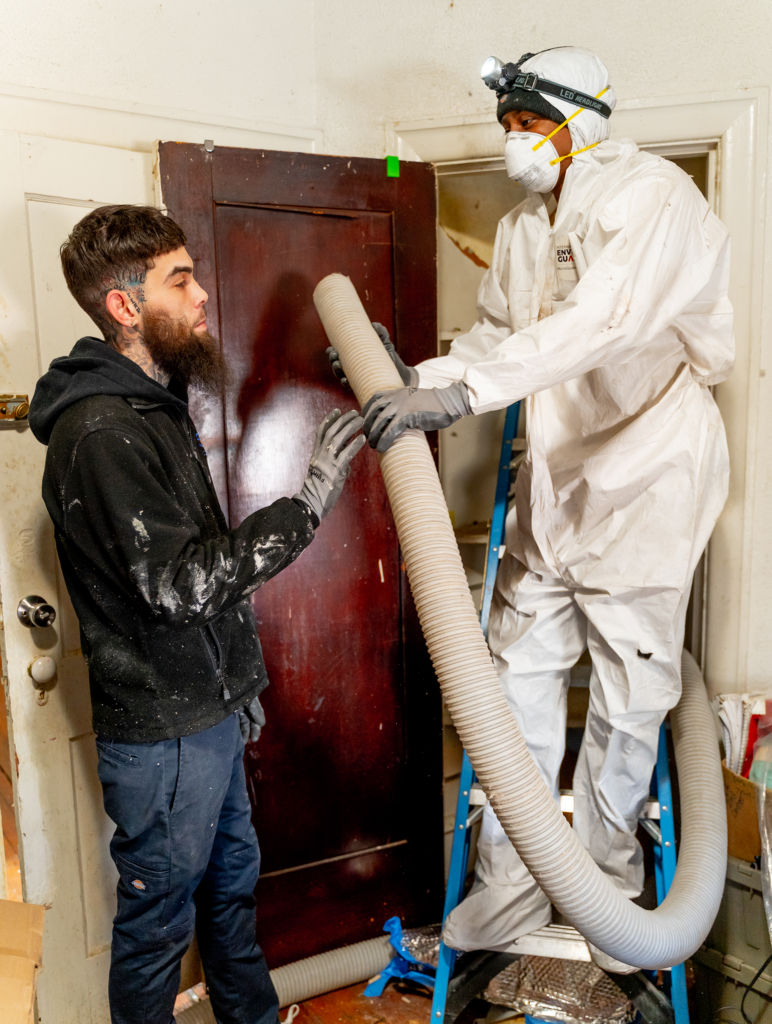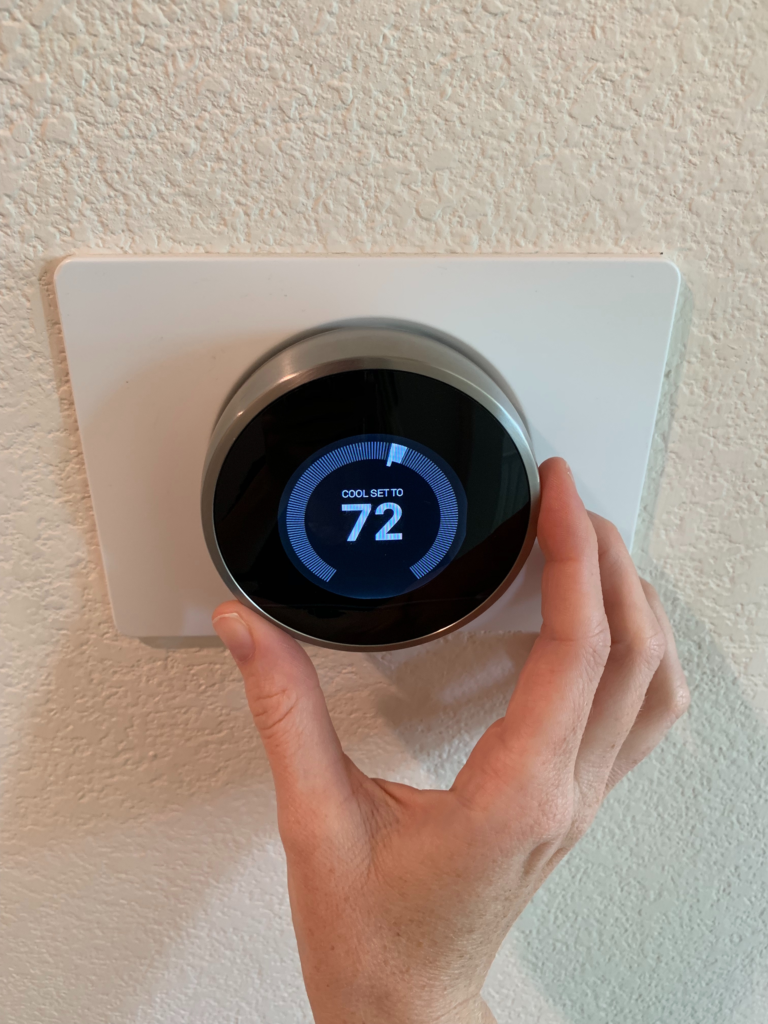On most weekdays, Tariem Burroughs takes his first grader to school on the Route 21 bus, so his husband, Nick, gets their son dressed and ready. Nick manages the moods of the six-year-old, sure, but it’s Burroughs who deals with the piece of the morning puzzle that’s both unpredictable and beyond the family’s control: SEPTA.
“It’s really frustrating and stressful because you want to make sure your kid gets to school on time so they get the most out of their education, and also I have to get to work afterwards, too,” the West Philly resident and SEPTA Citizen Advisory Committee member says.
The transit authority transports roughly 55,000 students, and they could all face more disruptions to their commute as SEPTA continues to navigate a multimillion dollar funding crisis. Late last month, Governor Josh Shapiro transferred $153 million from highway projects to SEPTA, Billy Penn reported. That money will stave off service reductions for buses and trains for about six more months. But with no permanent, stable funding source and an ongoing operator shortage, SEPTA’s reliability and future useability remains in question.
Christina Clark, a communications officer for the School District of Philadelphia, confirmed in an email that tardiness due to SEPTA are excused. And, luckily for Burroughs, he usually gets his son to school while the other students are lined up or walking into the building — on time, in other words, but just barely.
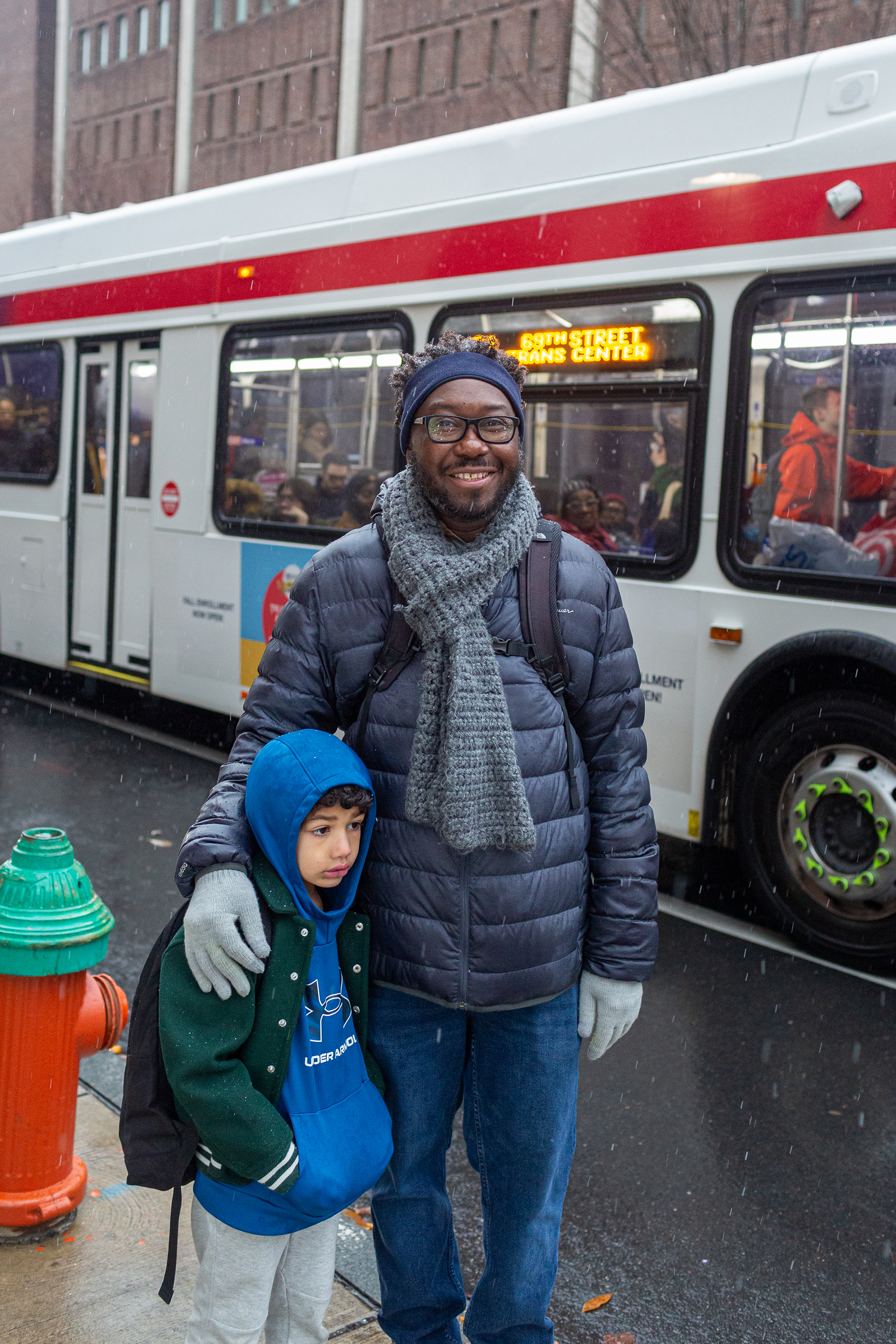
The same isn’t true for everyone. Pennsport resident Katy Otto boards the bus twice a week to accompany her fourth grader to Friends Select, a private Quaker school in Center City. Service disruptions have become routine, she reports, and many a morning she and fellow passengers vent their frustrations to one another en route to one more late-starting school day.
“It used to be somewhat infrequent, but now it’s like every time,” Otto says. “It’s just generally gotten worse over the past two months.”
Otto says that when the bus is late, she and her son can take the Broad Street Line or the family car, the latter parked roughly a quarter-mile away. The walk can be difficult for a young child, though, and often, by the time Otto realizes the bus isn’t coming, those other options won’t prevent her son from missing his before-school job greeting the younger kids or even the beginning of the school day itself.
“He’s missing out on education time, as is everyone else on the train,” she says.
Dave Younkin, director of the Friends Select Lower School, says that lateness caused by SEPTA delays or cancellations is excused. In an email, he explained that the school checks the transit authority’s website to confirm issues reported by parents checking students in late. But Younkin clarified that that doesn’t mean it’s a nonissue.
“From an educational perspective, SEPTA issues or delays that cause a student to be late on a frequent basis do impact the child’s day in negative ways, as they often miss out on the morning routines necessary for a successful day or, in middle and upper school, they miss out on the activities happening within their advisory group,” he said.
School locations, along with start and dismissal times, are major factors in our scheduling and routing for buses.”
— Andrew Busch, SEPTA
SEPTA’s director of media relations, Andrew Busch, told Grid in an email that the transit authority and the School District of Philadelphia regularly “work in close coordination on student transportation needs.”
“School locations, along with start and dismissal times, are major factors in our scheduling and routing for buses,” he said. “If SEPTA has to go forward with service cuts due to the funding crisis that is projected to leave us with an annual operating budget deficit of nearly a quarter-billion dollars, … we will continue working closely with the school district to do all we can to minimize these impacts.”
The Route 21 bus connects Penn’s Landing to the 69th Street Transit Center via Chestnut and Walnut streets through University City and West Philly, and SEPTA ranked it within the top 20 of 89 city routes for daily ridership across all modes in 2023. So Burroughs is confident that while bus frequency could decrease and impact his morning routine, he’s in no danger of losing his route.
But countless other parents may have reasonable cause to worry and need to make a new plan to get their kids to school. For Otto, that means taking the car.
“We would like to rely on [SEPTA] more, be less of a part of traffic in the city, especially in a city where limiting traffic … [would be] better for everyone involved,” she says. “But when we can’t depend on SEPTA, we can’t make that choice.”

